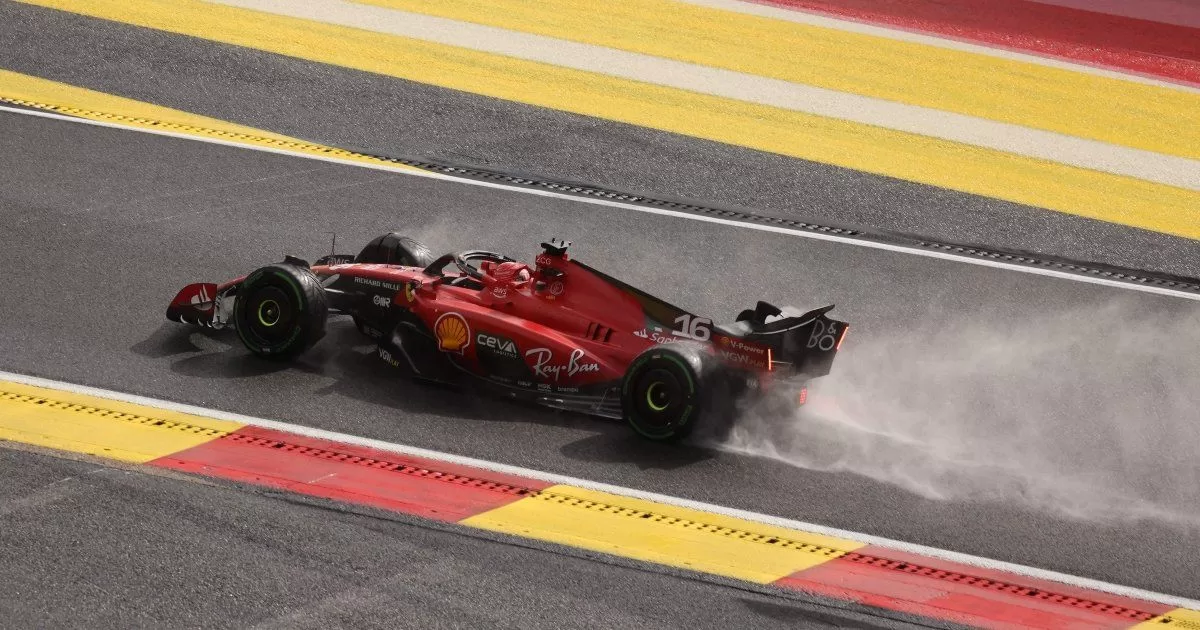The Government will announce today the inflation data for January and it will be worse than expected. Far from consolidating a slowdown trend, which had already been interrupted in December but for barely two tenths, the INDEC will report today a figure for January that will be around 1 point above the previous month. Impacted by increases in regulated prices and also by food, in which the sudden increase in the price of meat had a key impact, the CPI for last month was around 6 percent. This data puts an end to the attempts of the economic team to generate inflation expectations of around 4% towards March as the Minister of Economy, Sergio Massa, imposed himself, and leaves a high floor for the entire first quarter.
Construction and industry slowed down in December but grew in 2022
Construction activity plummeted 10% year-on-year in the last month of the year but improved by 3.5% throughout the year. Factory production improved 4.3% over the past year
In this sense, the projections among local analysts who participate in the survey of expectations of the Central Bank (REM) showed an average guideline of 5.6% for the CPI in January. This is the case, for example, of Econviews, which coincided with the average. According to Isaías Marini, economist at the consultancy, “inflation in January was mainly driven by increases in regulated prices. In this sense, the highest incidence came from the housing, electricity, gas and other fuels division, due to the increase in electricity, gas and water rates in the AMBA ”, he indicated. Also having an impact on the index was the adjustment in public transport fares in the metropolitan area -by far the region with the greatest weight in the index- and the rise in fuel, prepaid and telecommunications.
Going forward, February and March present an overloaded challenge and analysts begin to discount that the monthly records will once again be presented “with a 6 ahead”.
In January, consumers paid 250% more for fruits, vegetables, and livestock products than producers charged.
This is how it emerges from the Origin and Destination Price Index (IPOD) of the Argentine Chamber of Medium Enterprises. The margins between the gate and the gondola, by sector and product
The Libertad y Progreso Foundation estimated inflation at 6.3% for last month and “for February, the inflationary dynamics will continue to be above 5% per month, which would lead to the crossing of the 100% annual barrier in the General CPI”, they affirmed from the entity.

The consulting firm C&T Asesores Económicos agrees with the January estimate, which attributed to the seasonal jump in tourism and the increase in food and non-alcoholic beverages a determining weight in the indicator, since they would have increased at a higher rate than in December, around 5.3 percent.
The Lithium Board wants producing companies to contribute to industrialize the mineral in the country
It was agreed on the need to implement specific mechanisms so that mining companies allocate a percentage of what is extracted for industrialization within the national territory
Meanwhile, worker inflation, carried out by the Metropolitan University for Education and Work (UMET) and the Center for Concertation and Development (CCD), stood at 5.5%, reaching 98% in the last twelve months, the highest mark since 1991. The rise, according to the university, was driven by “seasonal products such as tourism, fruits and vegetables, accelerating by 0.2 percentage points compared to the 5.3 registered in December.”
Ecolatina, meanwhile, expects a value of 5.5% due to the dynamics of food and regulated services. While EcoGo projected 5.6% while Analytica measured 5.8% for January.
With this scenario, the Secretary of Commerce, Matías Tombolini, has already recognized that there was an acceleration in January given by “the seasonality and the weight of the services category in these months due to tourism and recreation.”

The official, who has just closed the renewal of Fair Prices with maximum increases of 3.2%, admitted, however, that price controls are not going to lower inflation per se, but that the objective is to “close the fiscal gap and the monetary financing of the deficit, issue less, and accumulate reserves” and that the price programs are complementary tools that cannot exist in a vacuum. “It is a price program that tries to operate on inflation expectations.”
Also the Secretary of Industry, José Ignacio de Mendiguren, admitted that inflation will be “higher than December”.
“People buy the same, with prices that should not be validated. And that didn’t help us. There were also some ‘seasonal problems’ during the first month of the year,” the official explained.
“This happens, among other reasons, because during the season there was a movement of tourism and price abuses, the limit is often set by people’s purchasing power,” he said. For his part, the brand new head of presidential advisers, Antonio Aracre, already anticipated that not only in January but also in February “the drought and the change in the logic of cattle retention played a trick, impacting the increase in meat.” He also recognized that in March, with the start of classes, there will be school adjustments and supplies, so it will be difficult to reach the 3.8% promised by Minister Massa, but he pointed out that in April there is “all the chance to get to that level.
Keep reading:


